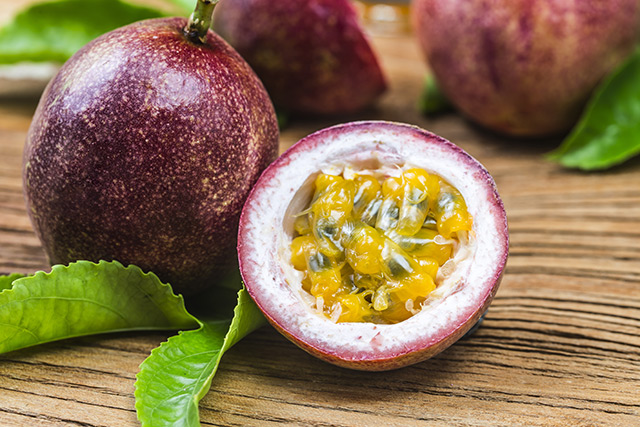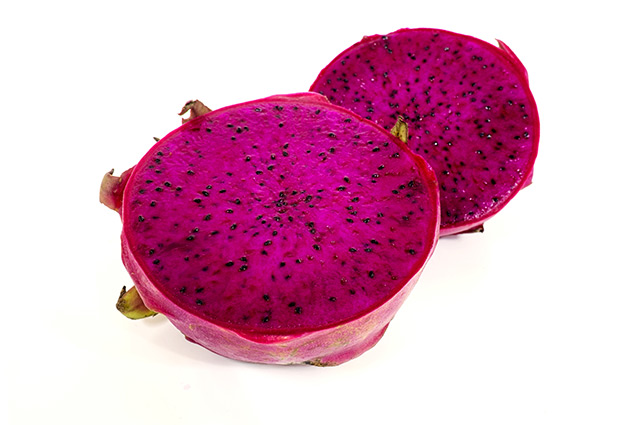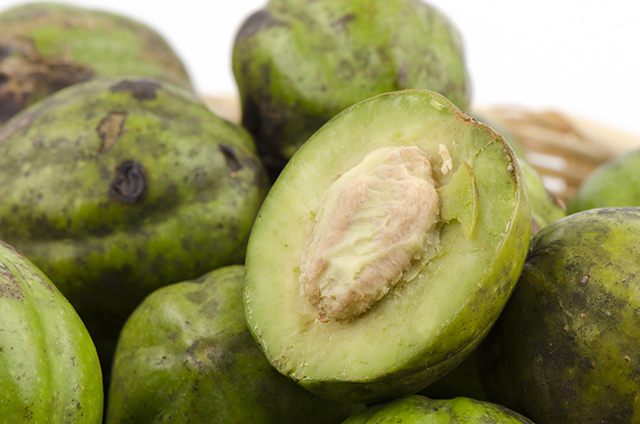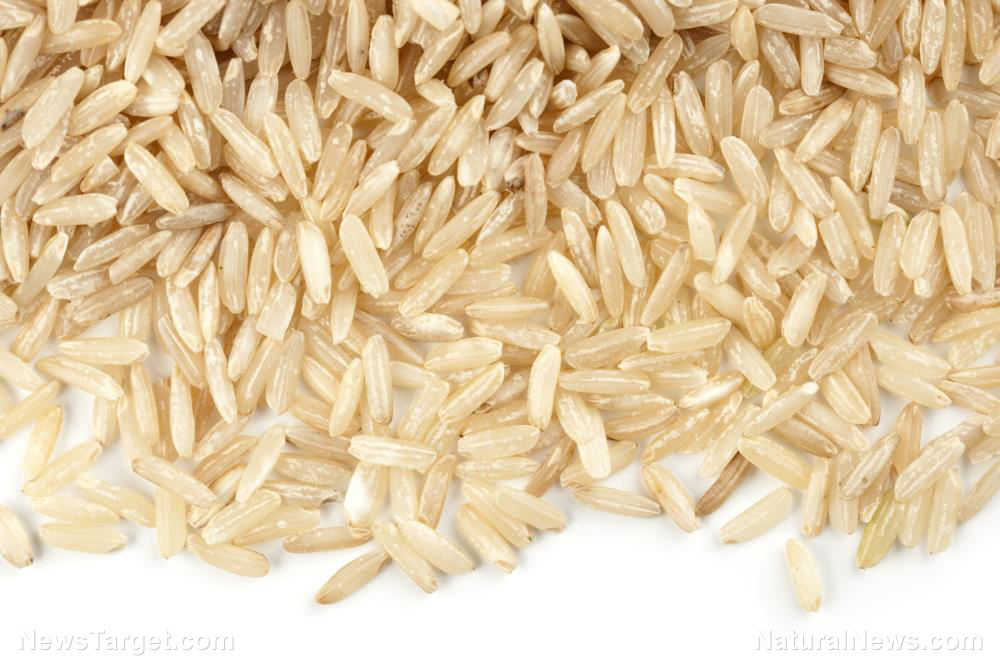Passion Fruit – sources, health benefits, nutrients, uses and constituents at NaturalPedia.com
07/22/2017 / By Earl Garcia

Passion fruit is a sweet and tarty tropical fruit characterized by its tough outer rind and juicy, seedy center. The fruit belongs to the same plant family as berries. Passion fruit is native to the subtropical regions of South America, and is believed to have originated in Paraguay. According to an article in the Authority Nutrition website, the tropical fruit is now cultivated in different parts of the world including South and North America, Asia, Europe and Australia.
List of known nutrients
Passion fruit is among the most nutritious fruits known to date, thanks largely to its high nutrient content. The Nutrition and You website lists the tropical fruit’s essential nutrients including:
- Beta-Carotene
- Calcium
- Copper
- Cryptoxanthin
- Folates
- Iron
- Lycopene
- Magnesium
- Niacin
- Phosphorus
- Potassium
- Pyridoxine
- Riboflavin
- Selenium
- Sodium
- Thiamin
- Vitamin A
- Vitamin C
- Vitamin E
- Vitamin K
- Zinc
Medicinal uses for passion fruit
Passion fruit is best known for its beneficial effects to the body’s immune system. The tropical fruit is an excellent source of vitamin C, beta-carotene, and cryptoxanthin that fortify the body’s defenses against infections. According to an article in the Organic Facts website, a single serving of passion fruit contains more than 100 percent of the daily recommended intake of vitamin C. Likewise, the fruit’s high vitamin C levels are found to promote white blood cell production.
As with other berries, passion fruit is also found to ward off cancer. The superfood boasts an ample supply of antioxidants that combat the harmful effects of free radicals and eliminate them from the body. Likewise, the fruit is abundant in vitamin A, flavonoid, and phenolic compounds that aid in cancer prevention. Additionally, previous studies have shown that passion fruit extracts show efficacy in killing cancer cells.
Passion fruit is also touted for its cardiovascular benefits. The tropical fruit is notably high in potassium, an essential mineral that acts as a vasodilator that relaxes the blood vessels and promote blood flow. This vasodilating effect curbs cardiovascular strain and improves its overall health. Likewise, the tropical fruit is rich in iron and copper that increase red blood cell production and boost metabolic activity in other organ systems in the body.
In addition, passion fruit is valued for its high fiber content that aids in digestion. The fruit’s high fiber content comes from both its rind and pulp, which in turn provides a laxative effect that eases digestion and bowel movement. On the other hand, passion fruit is an excellent source of bone-fortifying minerals — such as iron, copper, magnesium, and phosphorus — that facilitate additional bone matter production, speed up bone repair and strengthen existing bone matter. This makes the tropical fruit an ideal food fare against osteoporosis.
Moreover, passion fruit contains sedative properties that relieve various nervous system issues such as restlessness, insomnia, sleeplessness, and nervous anxiety. Aside from this, the bioflavanoids in passion fruit are known to have expectorant properties that soothe the respiratory tract and reduce asthma attacks, wheezing, and whooping cough. Furthermore, the superfood’s high vitamin A content is found to lower the odds of macular degeneration, cataracts, and night blindness.
Body systems supported by passion fruit
Passion fruit is particularly beneficial to the immune system. Likewise, the superfood benefits the digestive, circulatory, respiratory and nervous systems. In addition, the fruit promotes healthy bones and eyes.
Ways to use passion fruit
Passion fruit can be eaten as a regular table fruit. Likewise, its sweetness makes it a staple in desserts such as baked goods and coolers. In addition, passion fruit can be used in salads and starters, meat dishes and seafood recipes. An article on BBC.co.uk features some of the most interesting passion fruit recipes found in the web.
Where to learn more
- Foods We Won’t Have If We Keep Letting Bees Die
- Why Can’t I Sleep?
- 5 New Superfruits You Didn’t Know About
- Losing Sleep? Berry Sleepy Provides a Natural Sleep Solution
- Top 9 Foods That Protect Against Cancer Development
Summary
Passion fruit prevents cancer, cardiovascular diseases, and digestive issues.
Passion fruit staves off respiratory infections, eye disorders, and osteoporosis.
Passion fruit benefits the immune, digestive, and circulatory systems.
Passion fruit also supports the respiratory, nervous, skeletal, and ocular systems.
Sources include:
Tagged Under:





















